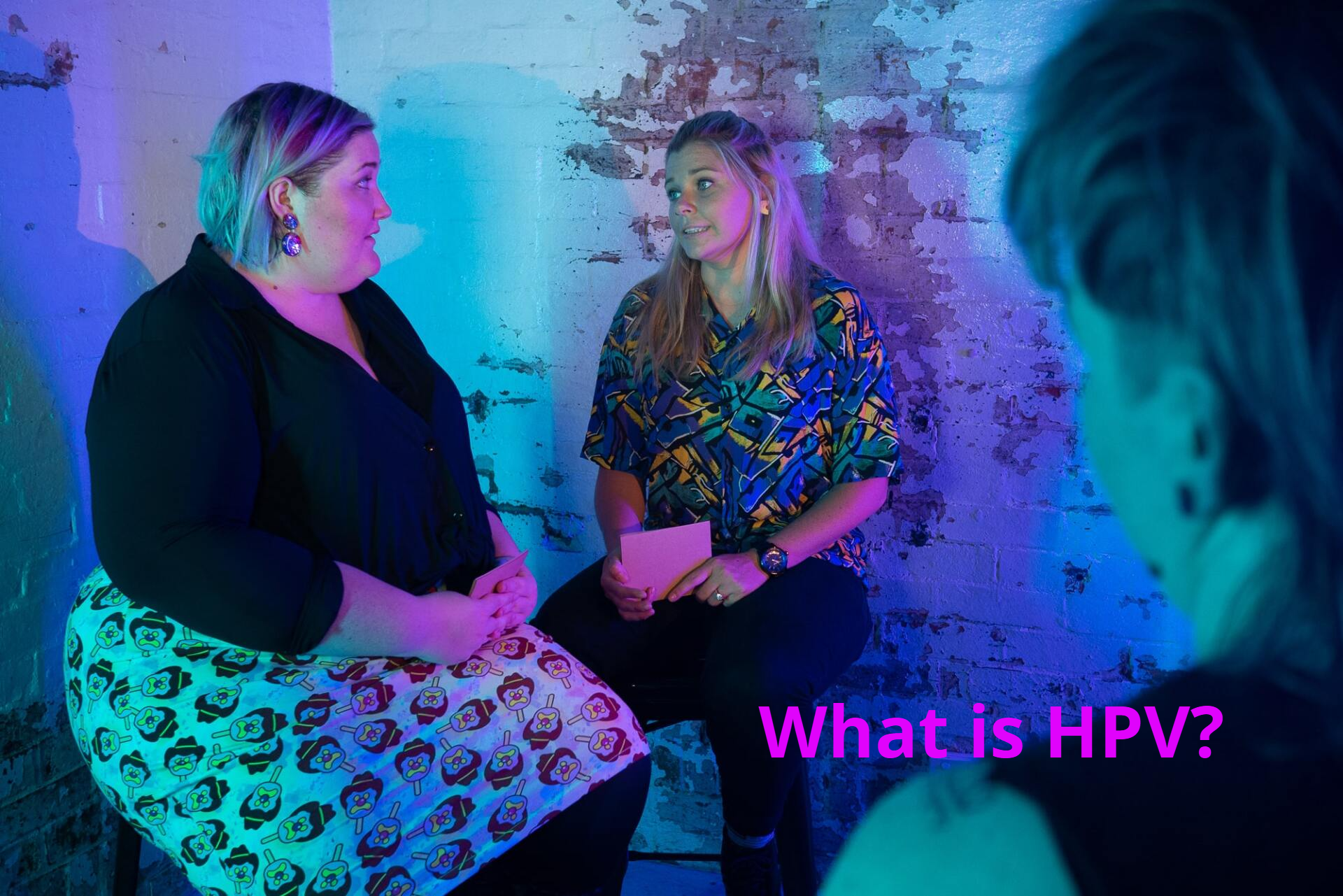Video Transcript
What tips or advice would you give to LGBTIQ+, sistergirl, or brotherboy people when trying to access HPV related healthcare?
Love that question. You are worth the best level of health care possible. You do not deserve, nor should you should ever have to accept a second class of anything.
You know your body probably more than anyone, probably. So yeah, keep an eye on what's going on and don't be afraid to write a list. Sometimes I write like here's the 10 things I'm going to ask my GP today and just like, say them up front so that they know how much time to give you.
That's a good idea, yeah.
And if I forget something, cause I usually do, then it's there.
And make sure that you ask the right questions. And don't be worried about asking a wrong question. There is no wrong question. This is your health, this is your life.
And one of the big things for me is that we all have bodies and it's healthy for us to be sexual, but we have this huge shame around STI's or sexually transmitted infections anyway. And so for me, it's about we need to find GP's and people that, health professionals, that we connect with and click with, who we feel are confident in and are supportive of. The LGBTIQ+ space.
I think there’s all this stigma still in the gay community, whatever that means about bottoming or topping. And so sometimes I think particularly in relationship to going into your doctor, your GP, you don't want to talk about, you know I just copped it on the weekend, so I'm worried about blah blah, blah. So particularly you think about people who are out or don't identify as gay or bi but still definitely have sex with other men. There's a lot stigma there or if you're living somewhere like regional or rurally and you're worried about the one doctor in town knowing. But I guess I'd just say to that that there's a lot of other places that people can go. There's a lot of really great queer friendly services out there. So there's really no excuse to not have that checked and not feel comfortable talking about
Finding culturally safe and relevant. Healthcare is really, really important. You know, not only in the LGBTI space, but for Aboriginal Torres Strait Island mob, you know, it's really important that we're researching and finding places that celebrate and affirm our LGBTIQ+ and Aboriginal and Torres Strait Islander identities and have good skills in both of those spaces. Especially, bringing support people with you can be really helpful and important.
And being confident to do it. You know, that's going to be the biggest challenge, I think, for everybody is that we get scared or we get worried about what might happen when we go and seek some advice and some help around this. But it's important that we do it for our own health. Like we've said before, the anal and genital warts, but also the potential for cancers to develop some of this. So early intervention and prevention is key.
What are some of the tips to make cervical screening more comfortable?
If you have a good place to go, you feel trusting of the doctors and the self testing which you can do, take your partner with you maybe if you've got one. A support person, and I think you can get a smaller duck as well.
And you can insert it yourself, I think. I haven't done that, but I might do that next time. Another thing is do it on your time when you feel ready. Don't feel like you have to do it the day you arrive for your first time with that GP. Maybe treat yourself to some nice self care after.
Looking after yourself is really important.
You can dictate how your healthcare looks and feels. We often I think might go to see the doctor and feel like they're the person that's in control and we just do as they say. But say if you do turn up and they suggest you have a cervical screening test and you're like, no like this is a mess, I'm not prepared to be on show right now, or I feel really uncomfortable just with having a test right now. You can actually say no and rebook another time, and that's OK. You can request different size speculums that are more comfortable for your body shape. You can insert the speculum yourself. You can take your own Lube. You can take a partner or friend that you trust that can insert the speculum for you. There's so many different options available to you that doctors are aware of. It's quicker and easier for them to just do it themselves. So they're not going to be like, here's your platter of options, because that's annoying for them. But you have every right to ask for those things.
If I have to have a cervical screening test, I like to be like looked after afterwards. I think it's really important to, I guess, corner off some time to look after yourself and eat really yummy foods and just like honour where your body is going to be at and it can feel a bit invasive to have some stranger involved in that process and especially being a trans person myself, like it's multiple levels of awkwardness. And looking after myself after the process is so, so important.
Yeah, self care. Treat yourself. You're worth it. I'm worth it. They’re worth it.





